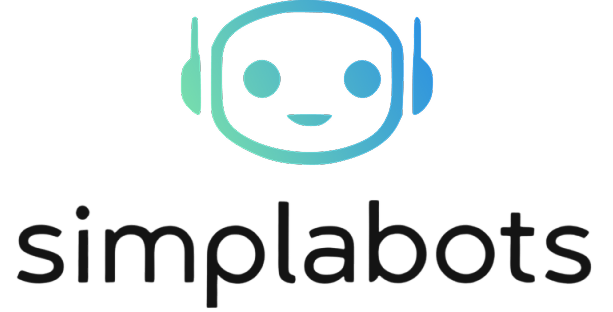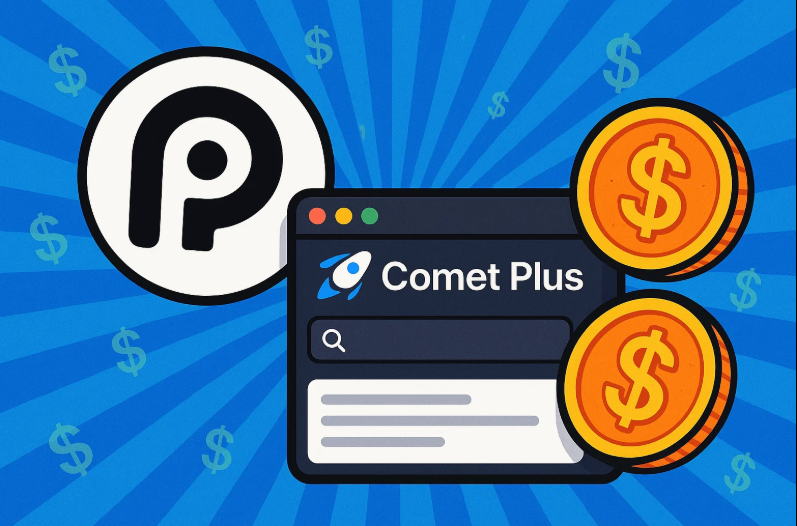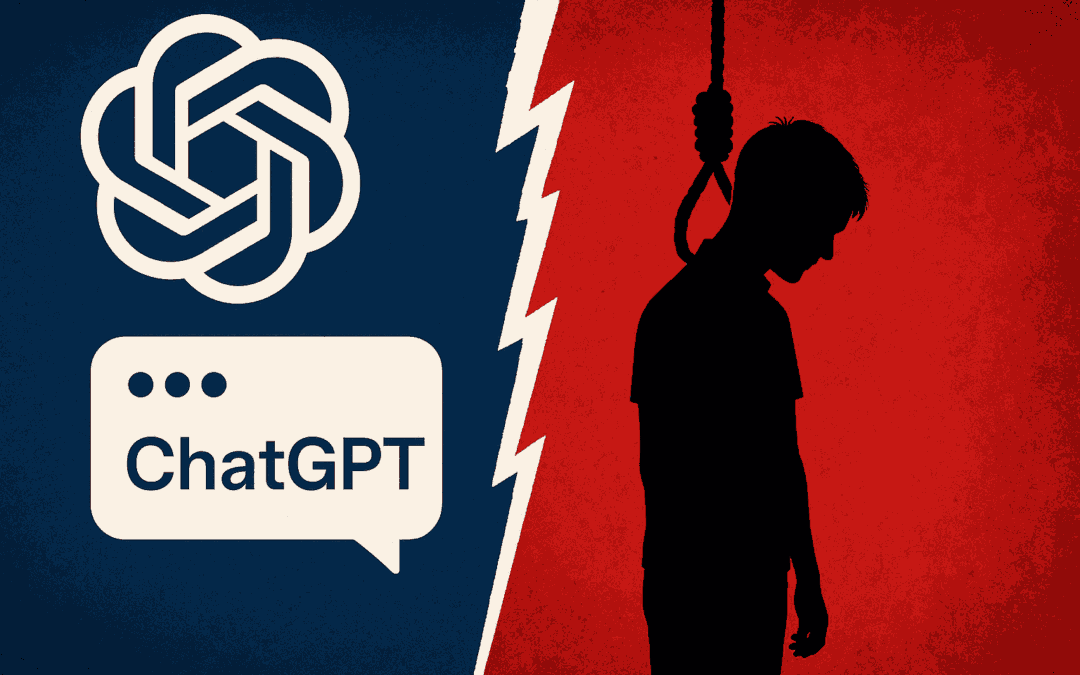AI innovation in healthcare automation is accelerating as Assort Health secures fresh funding. The company’s $50M raise marks a significant step in automating patient interactions—another signal of how AI, LLMs, and generative AI are rapidly reshaping clinical operations. The news follows a wave of investment in AI healthcare tools targeting workflow efficiency, patient experience, and cost containment.
Key Takeaways
- Assort Health raises $50M to scale its AI-driven platform that automates patient phone calls and administrative workflows.
- Investors continue to back generative AI startups delivering tangible ROI for healthcare providers.
- AI automation addresses staffing shortages while promising major cost savings for clinics and health systems.
- Developers see expanding opportunities to build interoperable tools bridging EHRs, communications, and LLM-based virtual agents.
AI Replaces Human Phone Operators in Healthcare
“Assort Health’s $50M round typifies surging demand for AI and LLM-powered automation platforms that directly reduce health system labor costs.”
Assort Health (as initially reported by TechCrunch) automates outbound patient calls, appointment reminders, intake, and insurer communications, tasks that traditionally require time-consuming manual effort. By leveraging large language models (LLMs), the platform interacts with patients via natural-language phone calls, significantly reducing the need for call center staff—a major expense for clinics and hospitals.
Market Dynamics and Industry Implications
This significant funding follows recent investments in similar startups—such as Kahun and Drav Health—highlighting explosive interest in AI-enabled patient communications. According to MobiHealthNews, even conservative systems like Mayo Clinic and HCA Healthcare now aggressively pilot generative AI for both front and back-office functions.
“AI tools are poised to tackle persistent understaffing problems and reduce costly patient no-shows by optimizing routine communications.”
Healthcare faces severe labor shortages (Becker’s Hospital Review). Solutions like Assort Health’s not only streamline operations, but have a direct effect on revenue cycle management and patient satisfaction, as more reliable communication increases appointment adherence and reduces manual errors.
Opportunities for Developers and Startups
For developers focusing on AI and LLMs, Assort’s approach underscores huge potential in vertical-specific, workflow-integrated generative AI solutions. Building secure, API-first tools that connect with electronic health records (EHRs), hospital communication systems, and insurer databases remains a significant market opportunity. AI professionals can further specialize in speech-to-text, sentiment analysis, and personalized virtual agent design tailored for complex, compliance-heavy sectors like healthcare.
Considerations for Implementation
While investors and health systems bet on AI, challenges persist. Data privacy, HIPAA compliance, and interoperability standards will define which automation platforms see mainstream use. Human oversight remains critical, especially for conversations involving clinical advice or sensitive patient data. Startups must prioritize transparent model reporting, robust security, and ongoing auditing to build trust at scale in healthcare environments.
The Road Ahead
The $50M funding milestone for Assort Health reaffirms the transformative impact of AI in healthcare communications and operations. As clinics and hospitals race to automate, developer and AI professional skill sets must now include deep vertical knowledge, regulatory fluency, and practical implementation strategies for LLMs in real-world environments.
The next wave of AI adoption in healthcare isn’t about raw model innovation—it’s about targeted, secure, and compliant workflow automation that delivers immediate ROI.
Source: TechCrunch











